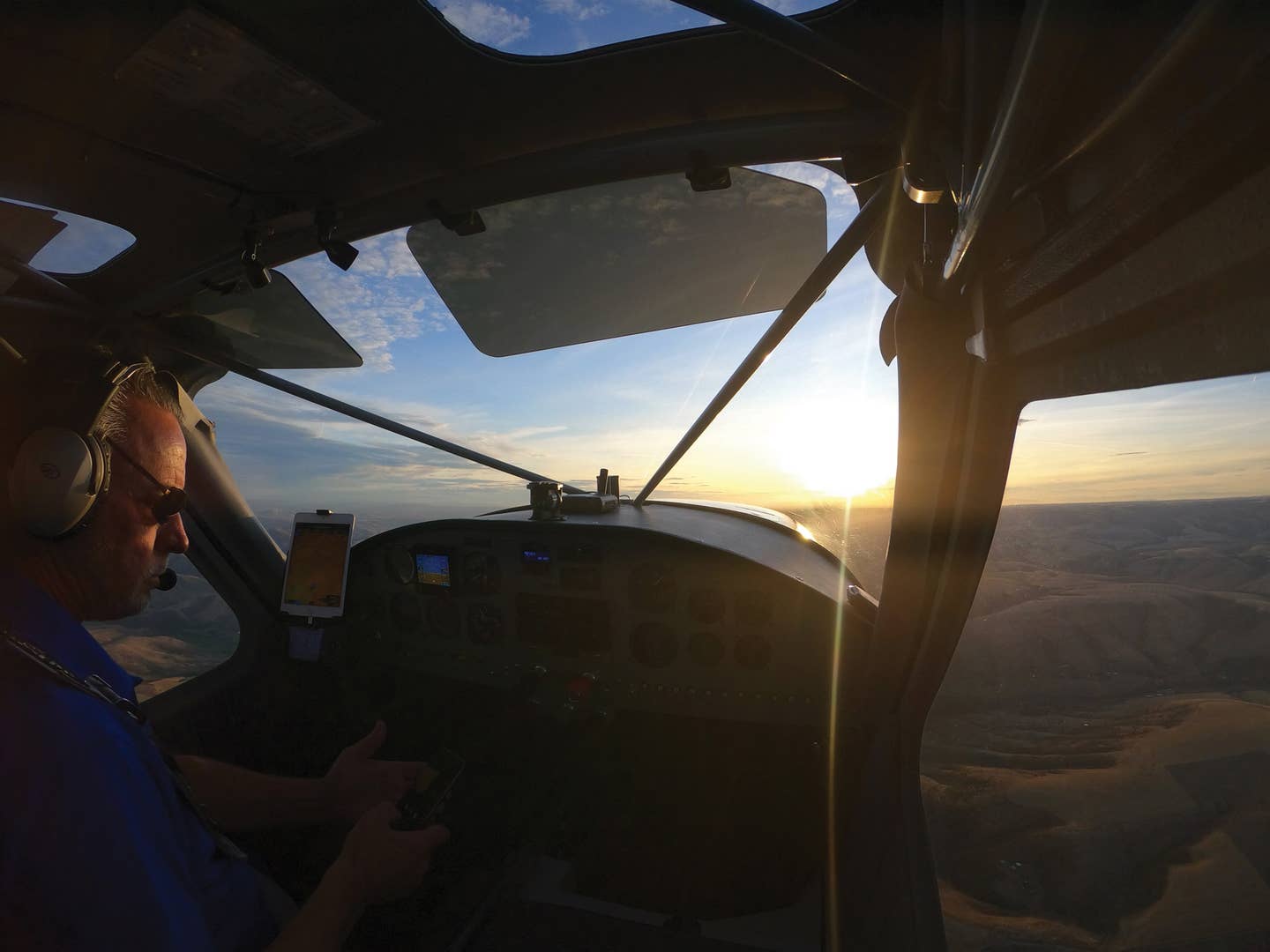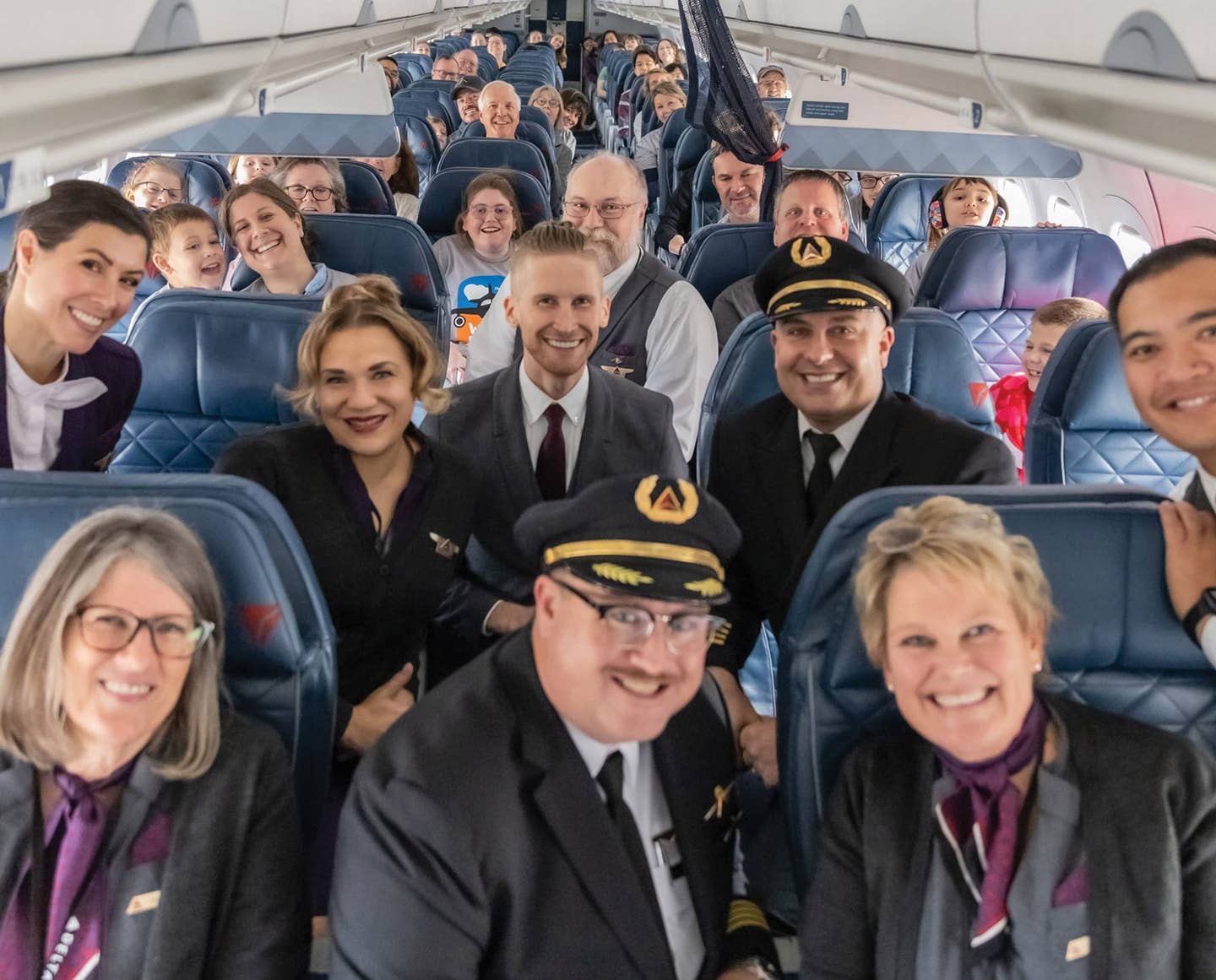 |
"Yeah, I couldn't believe it," my buddy was saying. "The most common saying that came out of Dad's mouth was, 'I'll do it when I retire.' He was constantly socking money away to learn to fly and do a bunch of other things after he retired in a couple of years. Then, at 63, he was diagnosed with cancer and died a few months later. And that was that. So much for dreams. It was too late."
The most damning fact about "too late" is it doesn't give you any warning. You don't know it's coming until it's suddenly here, then it really is too late. At that point, no matter what your plans were, no matter how much money you've hidden under your mattress, no matter how much time you thought you had in the future, you're effectively screwed. When it's too late, it's too late.
Yes, this is one of those "live your life today because tomorrow may not come" sermons. Alternatively, the sermon may turn out to be "retirement should be at the beginning of life, not the ending of one." I won't know which until we get to the end.
I'm on a retirement rant because far, far too often I hear, "Yeah, I'm going to learn to fly right after I retire." The theory is that we'll have a freer hand and more money when we're retired. The image people seem to have in their heads has them sitting on the airport patio being pleasantly warmed by the sun as they kill time between hops. Their days are spent lazing around the airport and cruising around the countryside. For some people, that may absolutely work out, but for the rest of us, there are two glitches embedded in those kinds of images.
First, the majority of us can barely afford aviation as it is, much less after we've hung up our working shoes. Second, it takes a certain kind of mind-set to live a day without being able to turn around at the end of that day and clearly see that we've accomplished something worthwhile. Maybe even something that will help pay the bills. Most people who are serious about aviation prefer goal-filled days that make them feel relevant.
Certainly, the biggest fallacy in planning to live our life to the fullest after we retire is that nature has a really sadistic way of throwing us curve balls when we least expect it. Witness my friend's father.
A lot of folks have an alternate philosophy that I think hits the retirement nail right on the head: They assume that there will never be a traditional retirement, and they make their retirement dreams part of their everyday lives. They live their retirement dreams before retiring.
To make the above work, the concept of living our dreams has to be ingrained in our thoughts from the minute we're handed our high school diploma. Right then and there, we should make up a master bucket list of who we want to be, what we want to do and what we want to see. Then, list in hand, we tick those items off as we're fumbling our way through life. Initially, we're so young and inexperienced that the list is short. Regardless, every item actually becomes a goal, and as the list grows, it becomes a road map of sorts.
The important factor to come out of making up the list is that early on, we make ourselves conscious of the things we see as being important in our life. The list will be continually changing, but at least we'll be automatically watching for those situations in life that can help us live our dreams right then, not later.
Unfortunately, when people say they're going to learn to fly after they retire, it's obvious they don't really understand aviation in the first place. If they did, they'd approach it differently. Because of their lack of exposure to aviation, they see it as being a mechanical skill that allows them to sit in a left seat behind a big window with a great view and, through moving this lever and punching that button, learn to manipulate the machine that's known as an "airplane." They see aviation only as "flying." Not until they actually dip their toes into three-dimensional waters do they begin to realize that aviation is so much more than simply flying. It's much more than airplanes. It's a universe unto itself that is its own community and is ready-made to be a thoroughly fulfilling, cradle-to-grave lifestyle.
Aviation is best lived if started young, but it's never too late to start. Those who hold learning to fly up as a retirement dream are depriving themselves of a lifetime of adventurous education. More important, they're standing outside of a community of soon-to-be friends who don't really care if they learn to fly or not. They ask only that you have an interest that will blossom into a passion with the passage of time.
Of course, the biggest fallacy of making anything, especially learning to fly, an after-retirement goal is that it may not happen. No one has ever regretted jumping the gun and doing something before retirement. However, there are legions of folks who are retired right now and are thinking, "If only ..."

Subscribe to Our Newsletter
Get the latest Plane & Pilot Magazine stories delivered directly to your inbox






